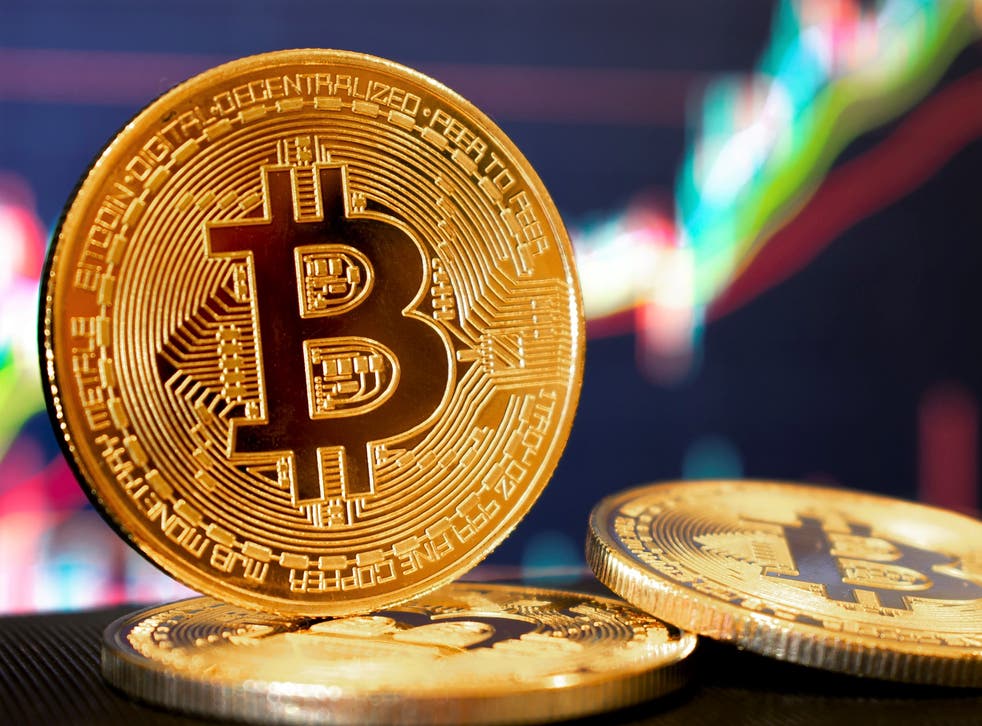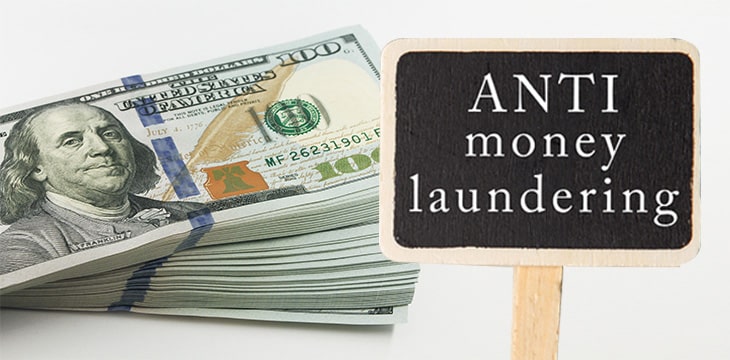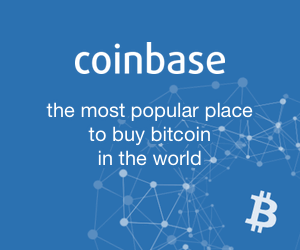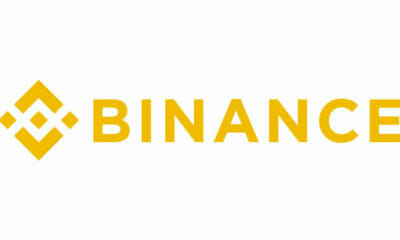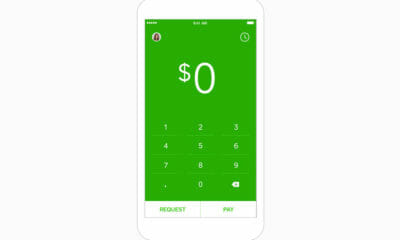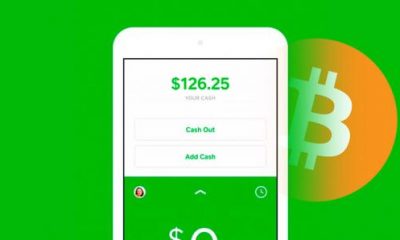One ratings agency is applying grades to some cryptocurrencies and, for the most part, this is not a report card to be posted on your parents’ refrigerator.
Weiss Ratings, an independent ratings agency that assigns letter grades to about 55,000 institutions and investments, including nearly all of the nation’s insurance companies, banks, credit unions, stocks, ETFs and mutual funds, recently published grades on 93 digital currencies. That is a small slice of the overall alt-coin universe, which is home to more than 1,500 coins.
In its most recent report, a follow up to its initial grades released in January, Weiss Ratings upgraded bitcoin to a grade of B- from C+.
“Cryptocurrencies do not have to achieve an A grade to merit interest by investors. A ‘B’ or even ‘B-‘ also qualify as the investment rating equivalent to ‘buy.’ At the same time, investors should not be overly alarmed by a ‘C’ rating. It is a passing grade; and for investors, implies the equivalent of ‘hold,’” according to Weiss.
Inside The Grades
Just 14 of the cryptos graded by Weiss landed grades of B or B- while 54 received C ratings. Among those in the B category are EOS, ADA and DCR. Those with B- ratings include bitcoin, ethereum, IOTA, Ripple and STEEM, among others.
Among the well-known cryptos in the Weiss C category are bitcoin cash, dogecoin, litecoin and siacoin, among others.
“The new world of cryptocurrencies has delivered astonishing profits to investors and holds great promise for the future,” according to Weiss. “Millions of new investors have rushed in. Hundreds of self-declared experts have appeared to advise them. But the market suffers from lax standards, murky operators, marketing hype, and periodic market crashes. It desperately needs the clarity that only robust, impartial ratings can provide.”
The ratings agency offered a fair view of bitcoin.
“Bitcoin (rated C+) gets excellent scores for security and widespread adoption,” said Weiss. “But it is encountering major network bottlenecks, causing delays and high transactions costs. Despite intense ongoing efforts that are achieving some initial success, Bitcoin has no immediate mechanism for promptly upgrading its software code.”










